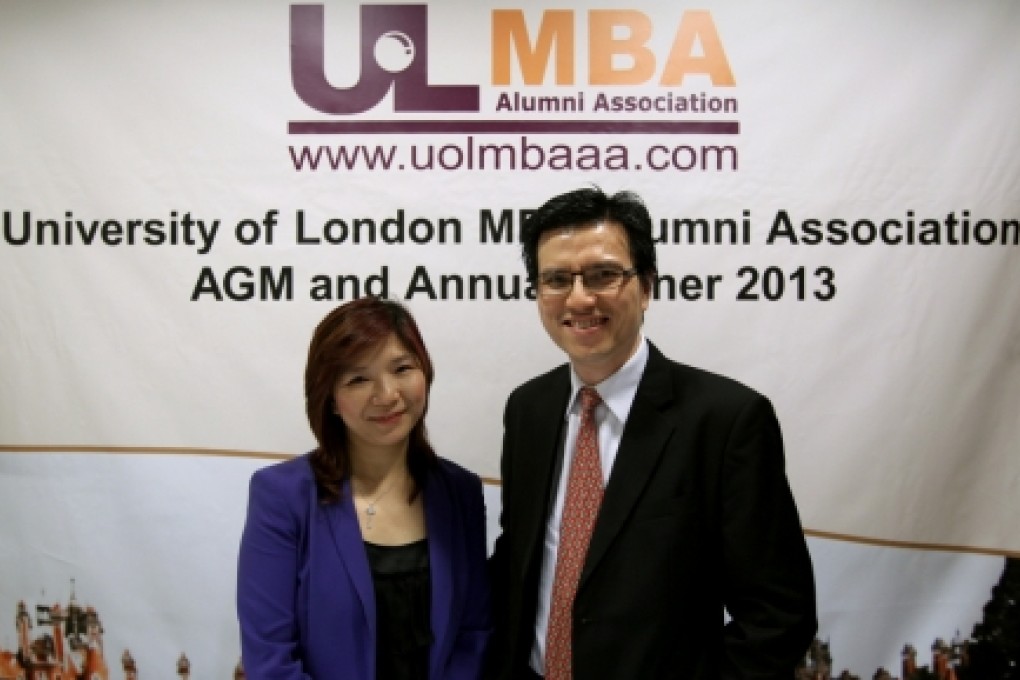Royal Holloway MBA puts careers on fast track
When choosing an MBA course to further their career, business executives should have very clear objectives in mind. Programmes can differ widely in terms of core curriculum, electives, teaching methods and practical relevance, so students need to select wisely and understand how and where they are likely to benefit most.

When choosing an MBA course to further their career, business executives should have very clear objectives in mind. Programmes can differ widely in terms of core curriculum, electives, teaching methods and practical relevance, so students need to select wisely and understand how and where they are likely to benefit most.
Dave Chow did just that when opting for the MBA in international management offered by the Royal Holloway School of Management, University of London and overseen locally by HKU SPACE. After five-plus years as a sourcing specialist with a relatively small trading company, he could see there was limited chance of career advancement without all-round business skills and the theoretical knowledge to back them up.
Having to juggle work, travel and study commitments, Chow therefore wanted a part-time course which offered academic rigour, new perspectives to apply in the workplace, and a timetable with a certain amount of flexibility. Starting in 2008, he completed most of the compulsory courses within two years and is now putting the final touches to his 12,000-word dissertation on how IT systems help to align business strategy.
“I wanted to enhance my academic knowledge, but this MBA has also given me insights, inspiration, and a different way to look at business issues,” says Chow, who is now vice president of Direct Sourcing Group, a buying agent for US-based retail giant Wal-Mart. “Changing company was not originally part of the plan, but the opportunity came up and it was a chance to use the management skills I’d learned in a much bigger organisation.”
Specifically, his role now brings him into daily contact with a wide range of people – subordinates, suppliers and customers. Understanding the disparate needs and dealing with them effectively is the key to success. It takes leadership and communication skills, as well as a comprehensive grasp of how functions like sales, operations, quality control, finance and supply chain all fit together – and how they can be improved.